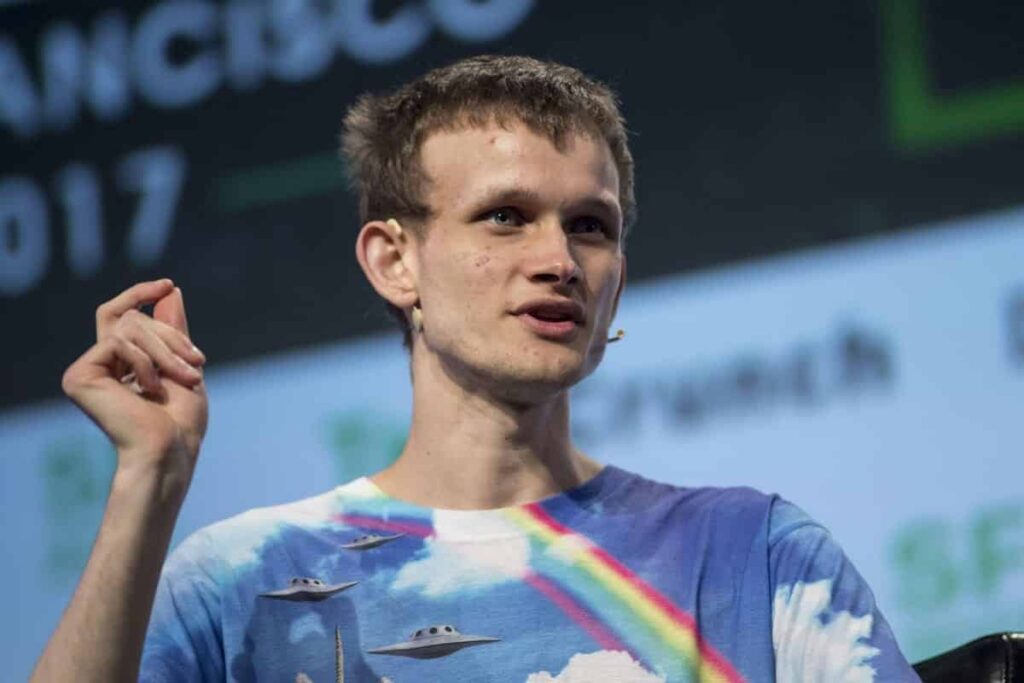Vitalik Buterin, co-founder of Ethereum, aims to improve the concept of decentralisation by changing the way blockchain systems interact.

Ethereum (ETH) co-founder Vitalik Buterin has introduced the “Plurality” philosophy to address the tension between the crypto ecosystem and traditional governance systems.
While he acknowledges that this pluralistic approach can enhance existing systems, he does not believe it will replace them.
Vitalik Buterin Supports Plurality, Highlighting Its Potential
Two years ago, American economist and author Glen Weyl wrote an essay titled “Why I Am A Pluralist.”
In this article, the Microsoft Research executive defined Plurality as a social philosophy that recognizes and fosters the flourishing of and cooperation between a diversity of sociocultural groups or systems.
In his blog post, the Ethereum co-founder is optimistic about applying the pluralistic philosophy in various social and technological settings.
He believes that multiple ideas can improve cooperation and decision-making in blockchain, social media, and local government.
His support for this concept goes beyond theory, as he envisions its real-world application.
The crypto innovator is confident that experimenting with this philosophy in real-time across different areas like blockchain, social media, local government, and others could bring significant benefits.
He noted that it could enhance autonomy, foster collaboration, and reduce polarization.
For the blockchain ecosystem, Vitalik Buterin considers the technology’s decentralised nature.
As a result, he believes the pluralistic philosophy can help address issues like collusion and competitive pressures within the blockchain community.
Blockchain Protocols Pursue Decentralization and Improved Governance
Overall, Vitalik Buterin has a broader vision for blockchain, which aligns with this pluralistic approach.
He envisions a hub that brings together different actors in the spirit of collaboration, without succumbing to the pressures of centralization.
It’s no surprise that the Ethereum ecosystem is intentionally working to improve its governance.
Even Charles Hoskinson’s Cardano is making conscious governance moves with the Chang Hard Fork upgrade.
Notably, the Chang hard fork is designed to make Cardano more scalable and decentralize the network’s governance.
It is currently the most anticipated event in the Cardano ecosystem.
Earlier this month, 58% of Cardano nodes migrated to v9.1.0, with only 12% more required to launch the upgrade.
A few days later, the protocol also released an upgrade for the Hydra Head scaling solution.
